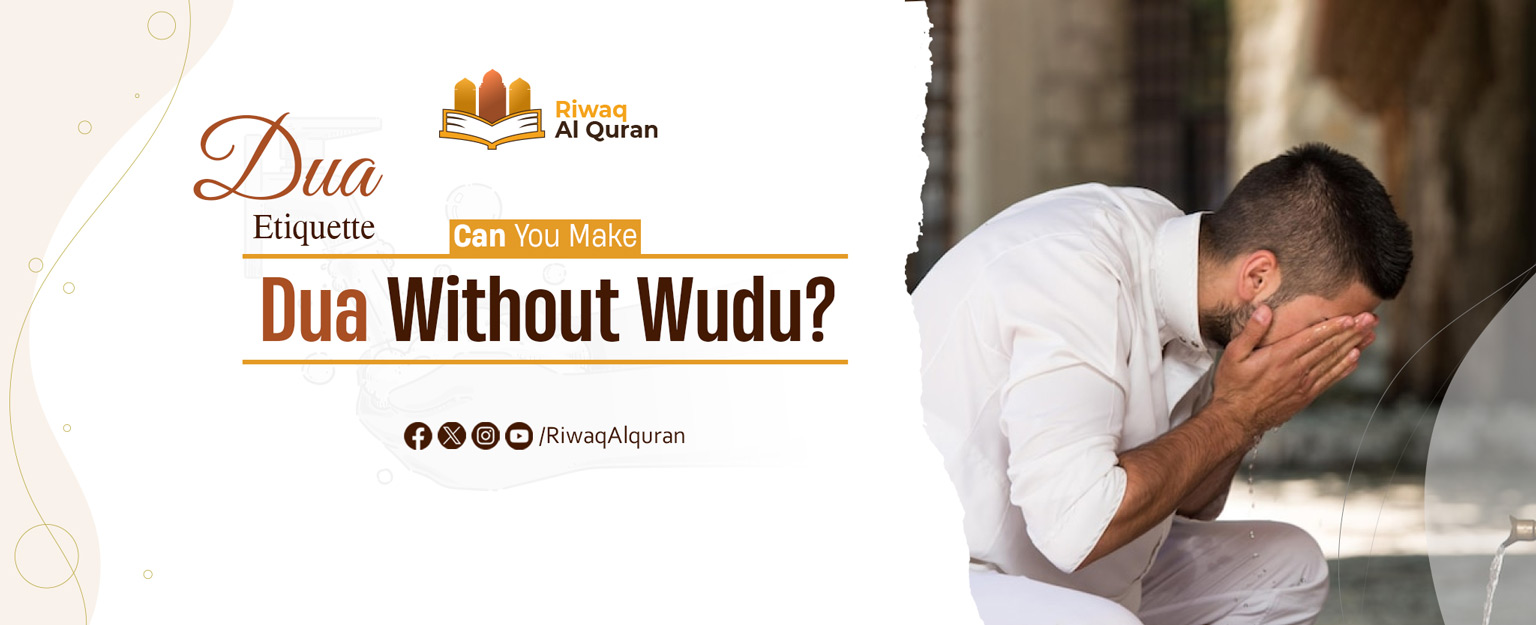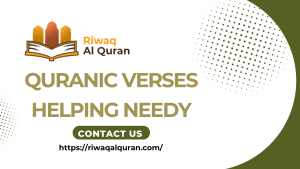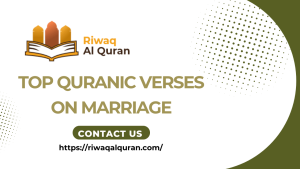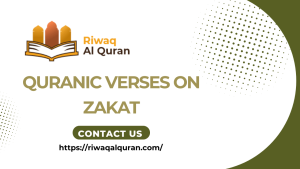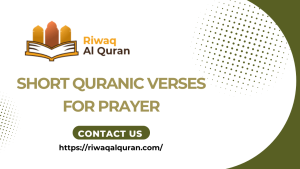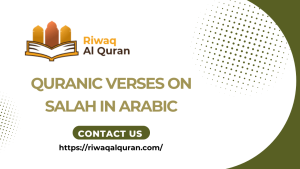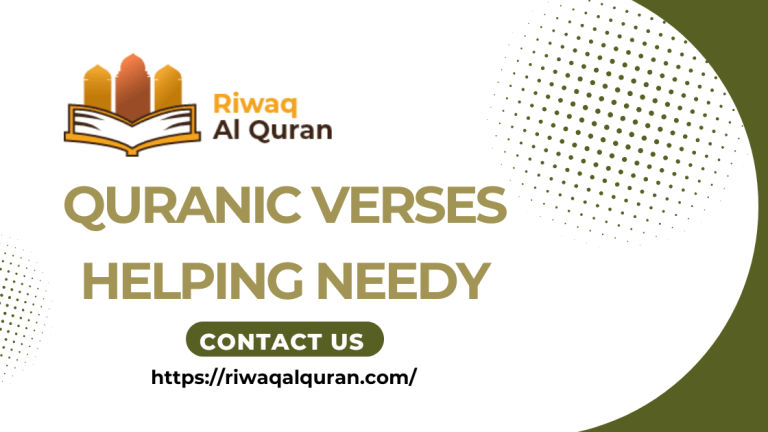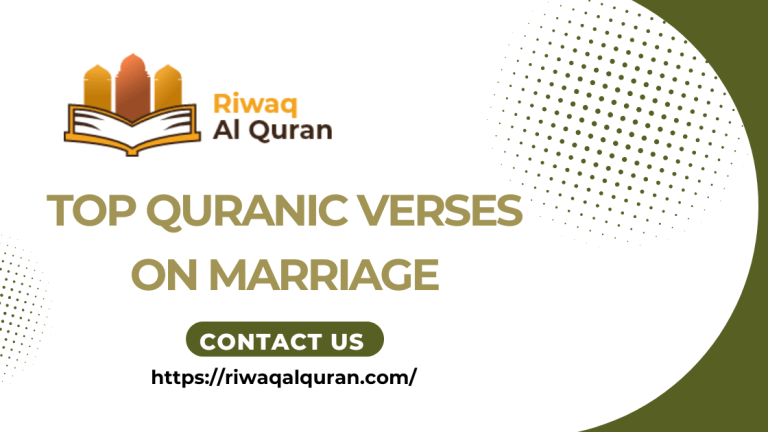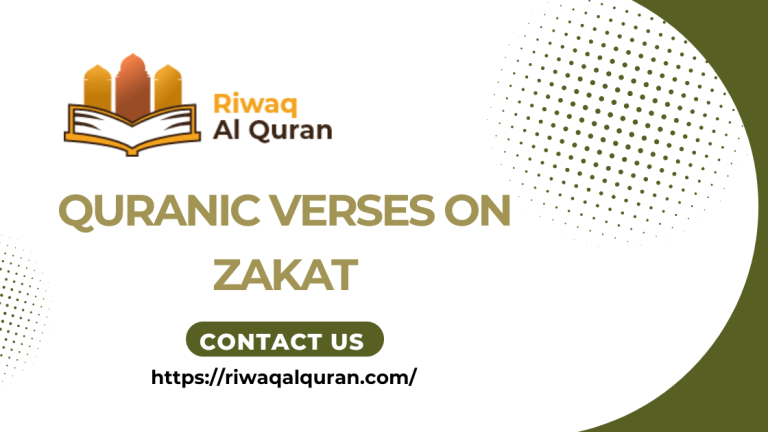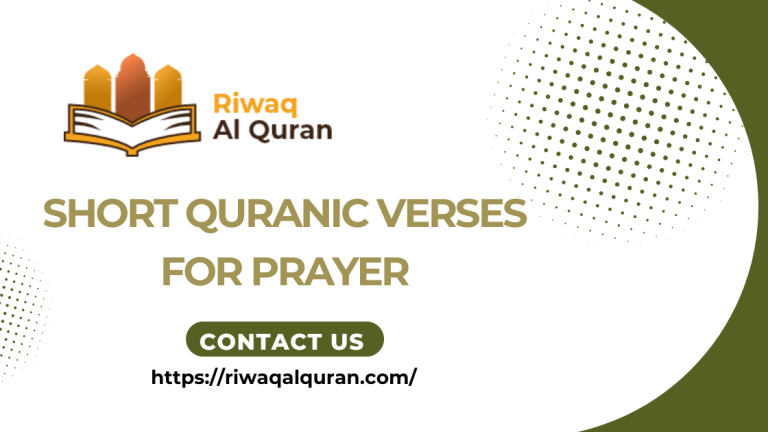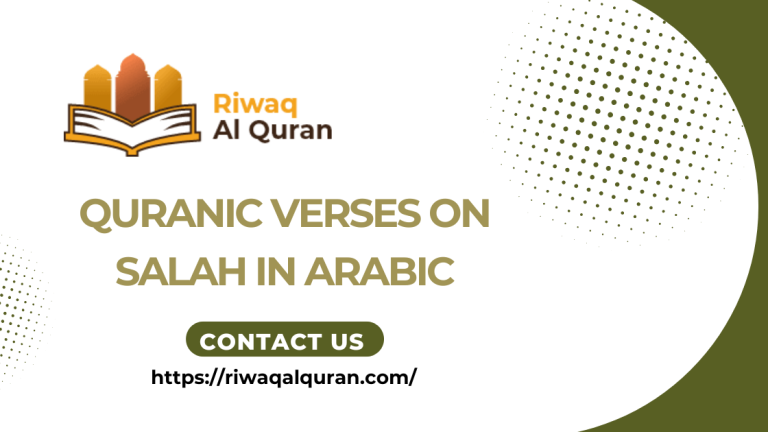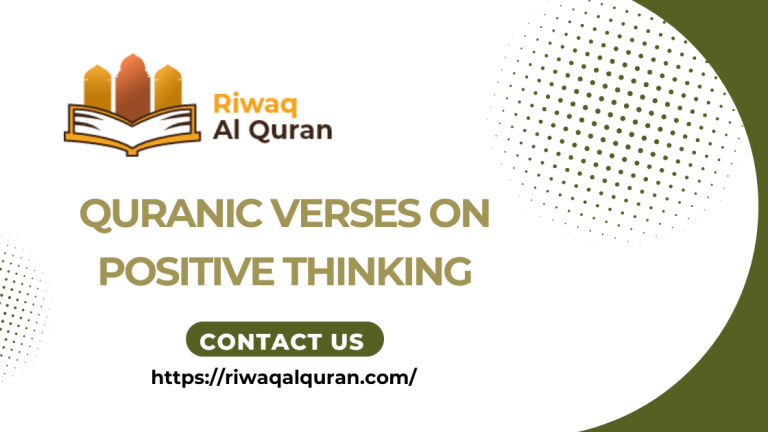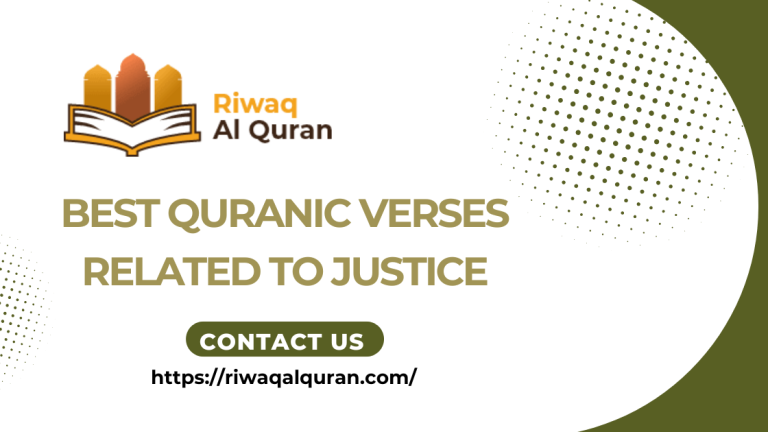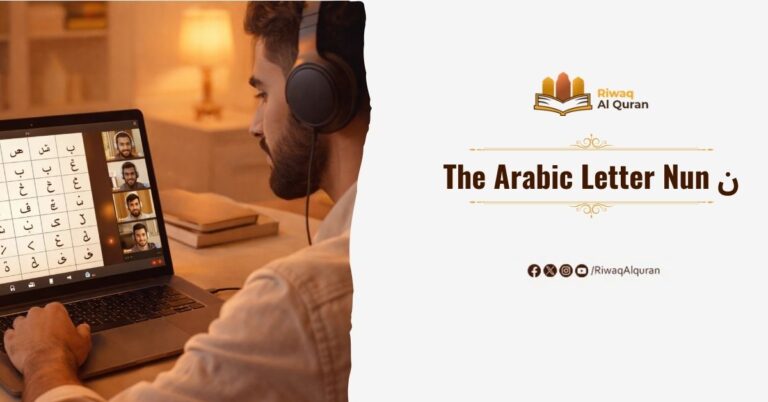Dua is a powerful act of worship that can be performed anytime, though it’s recommended to be in Wudu, face the Qiblah, and raise hands in humility. Start dua with praising Allah and sending blessings upon the Prophet ﷺ, and Dua is allowed without a hijab or even during menstruation, showing the ease and mercy of Islam.
Dua is one of the most heartwarming worships to Allah that we can ever perform. We can start Dua anytime, anywhere, and say whatever we can think of. But still, there are some Adab ( Etiquette ) That are recommended in Sunnah and they are good to maintain.
One of them is Wudu, While Wudu is not compulsory before Dua, But it is really encouraged to be in a state of Wudu before Dua so you will be in the purest state possible.
There are many Dua etiquette that are recommended to do, in this article we will make sure to discuss them all and we are going to answer a lot of questions that we know came to your mind like, How to make Dua? Can you make Dua without wearing a Hijab? , can you make Dua on your period? , How to praise Allah before making Dua? , And How to end a dua in Arabic?
Table of Contents
How to make Dua?
Making Dua is the easiest yet the most heartwarming worship in Islam, All you need to do is whisper to yourself everything that you can ever think of that you hope for from Allah, And be sure that Allah is hearing you, Allah is closer to you than your veins.
There are many Dua Etiquette that makes your Dua better and you need to adopt them during your duas.
While making Dua without Wudu is permissible, it is recommended in the Sunnah to perform Wudu beforehand, as it brings spiritual purity and a sense of readiness to connect with Allah. Additional etiquettes include facing the Qiblah during Dua, raising one’s hands as a sign of humility and need, and keeping the voice low to demonstrate reverence.
It is also encouraged to begin the Dua by praising Allah and glorifying Him, followed by sending blessings upon the Prophet ﷺ. This sets the tone for a meaningful and sincere supplication. Women can make Dua without wearing a hijab and even during menstruation, as Dua remains accessible in all states. These etiquettes highlight the beauty and simplicity of this act of worship, emphasizing that Allah is always near and hears the prayers of His servants.

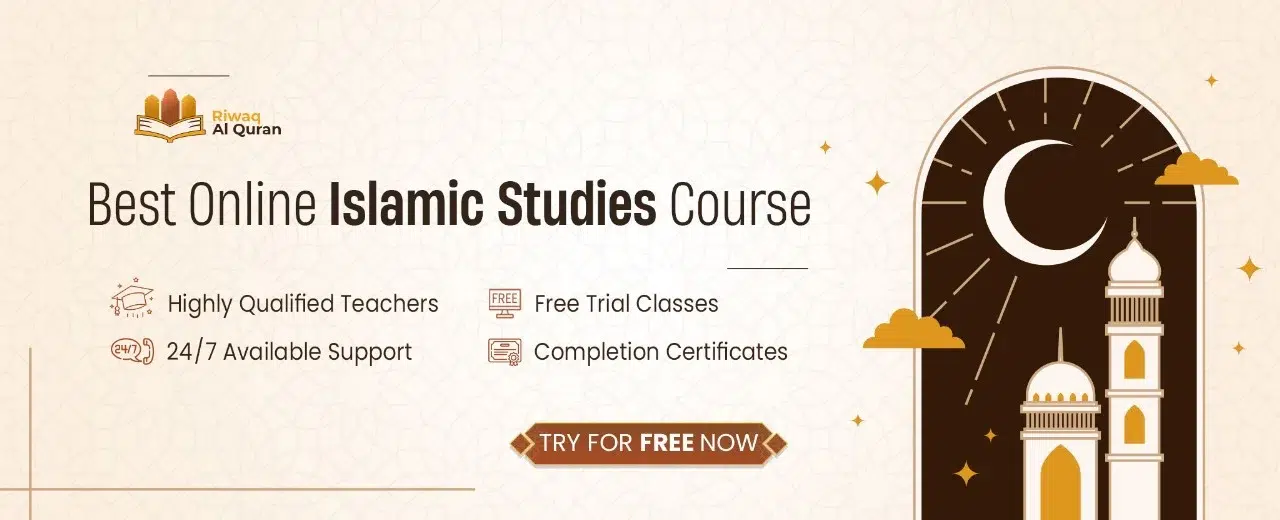
Dua Etiquette
Dua (supplication) is one of the most powerful acts of worship in Islam. It is a direct means of communicating with Allah, seeking His guidance, mercy, and blessings. To ensure that your dua is sincere and effective, there are certain etiquettes and practices recommended in Islam. Below, we outline the key etiquette of making dua.
Let’s go through some important etiquettes recommended in Sunnah, They are not obligatory but it is encouraged to do before Dua.
1. Wudu before Dua
Performing Wudu before making Dua is recommended and encouraged but it is not obligatory. The steps of Wudu itself are rewarding, Being in a state of Wudu helps with approaching Allah with a pure heart and soul.
The act of Dua is the act of talking to Allah. Imagine what state you would rather be in when you talk to Allah subhanahu wa ta’ala. If you have a job interview you would make the biggest efforts to be in your best state, So what about the state you would love to be in if you are talking to Allah?
2. Facing towards the Qiblah
It is recommended to face towards the Qiblah direction when you are making Duaa. Qiblah is considered the main direction for any act of the Islamic rituals.
It is mentioned in the Sunnah that Prophet Mohammed ( Peace be upon him ) was facing the Qiblah whenever he was doing Dua, It is part of the Sunnah to follow such a tradition.
3. The gesture of extending your hands towards Allah
Extending your hands towards Allah as a gesture of supplication that can reflect the neediness for Allah and humility. By this simple act of raising one’s hands and palm upward, you are acknowledging that Allah is the creator of everything and no one should be asked for anything but Allah subhanahu wa ta’ala.
There is a Hadith is says that Allah won’t let you turn empty handed after raising your hands towards Allah in Dua
قَالَ رَسُولُ اللَّهِ صلى الله عليه وسلم “ إِنَّ رَبَّكُمْ تَبَارَكَ وَتَعَالَى حَيِيٌّ كَرِيمٌ يَسْتَحْيِي مِنْ عَبْدِهِ إِذَا رَفَعَ يَدَيْهِ إِلَيْهِ أَنْ يَرُدَّهُمَا صِفْرًا ” .
The Prophet ( Peace be upon him ) said: Your Lord is munificent and generous, and is ashamed to turn away empty the hands of His servant when he raises them to Him.
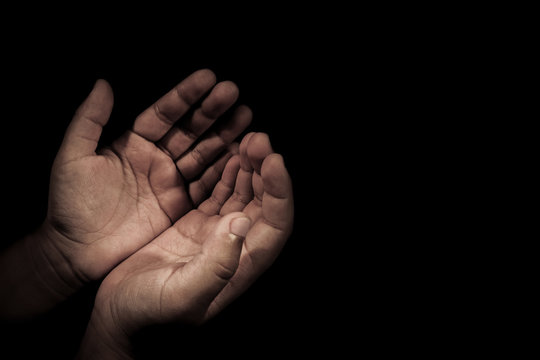
4. Lower your voice and be humble
It is important not to make Dua out loud, especially at Al Masjid where a lot of Muslimas are trying to focus on their own Salah. Allah will hear your prayers no matter what is your tone of voice, Allah is everywhere and is closer to you than your own veins.
Approach Allah with sincerity, humility, and a sense of need. The Quran says:
“Call upon your Lord in humility and privately; indeed, He does not like transgressors.” (Quran 7:55)
Your heart should be fully present, and you should feel a deep connection with Allah during your dua.
5. Begin with Praise and Gratitude
Start your dua by praising Allah and expressing gratitude for His blessings. The Prophet Muhammad (peace be upon him) said:
“When one of you prays, let him begin by praising Allah, then let him send blessings upon the Prophet (peace be upon him), then let him ask for whatever he wishes.” (Tirmidhi)
Example:
“Alhamdulillah (All praise is due to Allah), Allahumma salli ‘ala Muhammad (O Allah, send blessings upon Muhammad).”
6. Send Blessings Upon the Prophet (Peace Be Upon Him)
After praising Allah, send blessings upon the Prophet Muhammad (peace be upon him). This act not only honors the Prophet but also increases the likelihood of your dua being accepted.
Example:
“Allahumma salli ‘ala Muhammad wa ‘ala ali Muhammad (O Allah, send blessings upon Muhammad and the family of Muhammad).”
7. Use Allah’s Beautiful Names
Call upon Allah using His beautiful names (Asma ul-Husna). The Quran says:
“And to Allah belong the best names, so call upon Him by them.” (Quran 7:180)
Example:
“Ya Rahman, Ya Raheem (O Most Merciful, O Most Compassionate), grant me Your mercy.”
Clearly state your request to Allah. The Prophet (peace be upon him) taught us to be specific in our duas. For example, instead of saying, “O Allah, bless me,” you could say, “O Allah, grant me success in my exams.”
8. Repeat Your Dua Three Times
The Prophet (peace be upon him) often repeated his supplications three times. This shows persistence and earnestness in seeking Allah’s help. For example, when asking for forgiveness, say:
“Astaghfirullah (I seek forgiveness from Allah)” three times.
9. Avoid Rushing
Do not rush through your dua. Take your time to reflect on your words and ensure your heart is fully engaged. The Prophet (peace be upon him) said:
“When you supplicate, do not say, ‘O Allah, forgive me if You will,’ but be decisive in your request, for Allah does what He wills and no one can force Him.” (Bukhari)
10. End with Praise and Blessings
Just as you began with praise, end your dua by praising Allah and sending blessings upon the Prophet (peace be upon him). This completes your supplication in a respectful and dignified manner.
11. Choose the Best Times for Dua
Certain times and situations are more conducive to the acceptance of dua. These include:
- During the last third of the night.
- Between the Adhan and Iqamah.
- While prostrating in prayer.
- On Fridays, especially during the last hour before Maghrib.
- During rainfall.
- While traveling.
12. Avoid Haram (Forbidden) Actions
Ensure that your income, food, and lifestyle are halal (permissible). The Prophet (peace be upon him) said:
“O people, Allah is pure and only accepts what is pure. Indeed, Allah has commanded the believers with what He has commanded the Messengers.” (Muslim)
A dua made while consuming haram (forbidden) wealth or food is less likely to be accepted.
13. Be Patient and Trust Allah
Do not lose hope if your dua is not answered immediately. Allah may delay the response for your benefit or grant you something better. The Prophet (peace be upon him) said:
“Every one of you will have his supplication answered as long as he does not become impatient and say, ‘I supplicated but it was not answered.'” (Bukhari)
Can Women Make Dua Without Wearing A Hijab?
Yes! It is not obligatory at all for women to wear a Hijab when they perform Dua. It is not even recommended.
As long as there are men around to see a Muslim woman without a Hijab so there is no need for a woman to wear a Hijab. The hijab is only obligatory for grown up women when they go outside of their homes or when men who are not ( Maharim ) are around to see them.
Read more about Why Do Women Wear Hijab? Know More About Hijab In Islam
How to praise Allah before making Dua
It is recommended in Sunnah that we better praise Allah first before making Dua. This simple act instills our faith in Allah no matter what the outcome of Dua is.
It was mentioned in the Sunnah that Prophet Muhammed ( Peace be upon him ) never started a Dua without beginning first by praising Allah with all beautiful praise and thanking Allah for all abundant blessings.
وسمع رسول الله صلى الله عليه وسلم رجلاً يُصلي فمجدالله وحمده، وصلى على النبي صلى الله عليه وسلم، فقال رسول الله صلى الله عليه وسلم: ادع تجب وسل تعط.
The Messenger of Allah ( peace and blessings be upon him ) heard a man praying, and he was glorifying and praising Allah, and sending blessings upon the Prophet ( peace and blessings be upon him ). So the Messenger of Allah ( peace and blessings be upon him ) said, ‘Ask, and you will be answered; seek, and you will be given.'”
Here is an example for a great preise before Dua, Prophet Muhammed ( Peace be upon him ) used to say it.
اللّهُـمَّ رَبَّ السّمـواتِ السَّبْـعِ وَرَبَّ العَـرْشِ العَظـيم
رَبَّنـا وَرَبَّ كُـلِّ شَـيء
فالِـقَ الحَـبِّ وَالنَّـوى
وَمُـنَزِّلَ التَّـوْراةِ وَالإنْجـيل والفُـرْقان
أَعـوذُ بِـكَ مِن شَـرِّ كُـلِّ شَـيءٍ أَنْـتَ آخِـذٌ بِنـاصِـيَتِه
اللّهُـمَّ أَنْـتَ الأوَّلُ فَلَـيسَ قَبْـلَكَ شَيء
وَأَنْـتَ الآخِـرُ فَلَـيسَ بَعْـدَكَ شَيء
وَأَنْـتَ الظّـاهِـرُ فَلَـيْسَ فَـوْقَـكَ شَيء
وَأَنْـتَ الْبـاطِـنُ فَلَـيْسَ دونَـكَ شَيء
اقـْضِ عَنّـا الـدَّيْـنَ
وَأَغْـنِنـا مِنَ الفَـقْر
O Allah! Lord of the seven heavens and Lord of the Magnificent Throne.
Our Lord and the Lord of everything. Splitter of the grain and the date stone,
Revealer of the Torah and the Injeel and the Furqan (the Qur’an),
I seek refuge in You from the evil of everything that You shall seize by the forelock.
O Allah, You are the First and nothing has come before you,
and You are the Last, and nothing may come after You.
You are the Most High, nothing is above You
and You are the Most Near, and nothing is nearer than You.
Remove our debts from us
and enrich us against poverty.
Sending blessings on The Messenger of Allah by the End of Dua
It is Mustahab that at the end of Dua and also the beginning to send blessings on Prophet Mohammed may peace and blessings be upon him.
It is recommended to say Al Salat Al Ibrahimiya Which is:
اللَّهُمَّ صَلِّ عَلَىٰ مُحَمَّدٍ وَعَلَىٰ آلِ مُحَمَّدٍ ❁ كَمَا صَلَّيْتَ عَلَىٰ إِبْرَاهِيمَ وَعَلَىٰ آلِ إِبْرَاهِيمَ ❁ إِنَّكَ حَمِيدٌ مَجِيدٌ ❁ اللَّهُمَّ بَارِكْ عَلَىٰ مُحَمَّدٍ وَعَلَىٰ آلِ مُحَمَّدٍ ❁ كَمَا بَارَكْتَ عَلَىٰ إِبْرَاهِيمَ وَعَلَىٰ آلِ إِبْرَاهِيمَ ❁ إِنَّكَ حَمِيدٌ مَجِيدٌ
O Allah, send prayers upon Muhammad and upon the family of Muhammad just as You have sent prayers upon Ibrahim and upon the family of Ibrahim, verily You are the Praiseworthy, the Glorious. O Allah, bless Muhammad and the family of Muhammad just as You have blessed Ibrahim and the family of Ibrahim, verily You are the Praiseworthy, the Glorious.


Riwaq Al Quran is your choice to learn all about Fiqh, Worship, Arabic, Islamic Studies, and Quran Memorization.
Riwaq Al Quran is a leading online platform that offers the best personalized learning experience. Our approach brings together skilled teachers and knowledgeable scholars, along with customized learning plans to provide a personal and meaningful educational experience for each student.
What makes Riwaq Al Quran your choice is that we have Our curriculum helps both children and adults on their spiritual and educational journeys. You can learn at your own pace online, guided by experienced native instructors who are here to support you in achieving your goals in Quranic and Islamic education.
Explore our courses now and join any of them to enjoy our two free trials!

